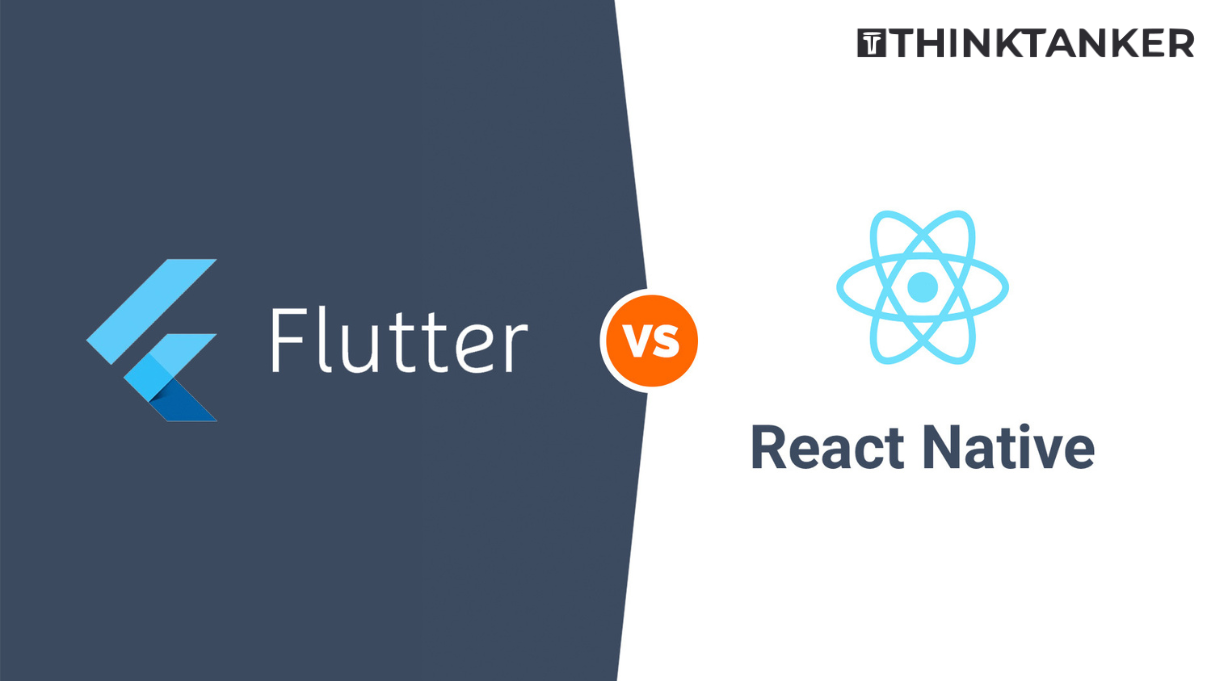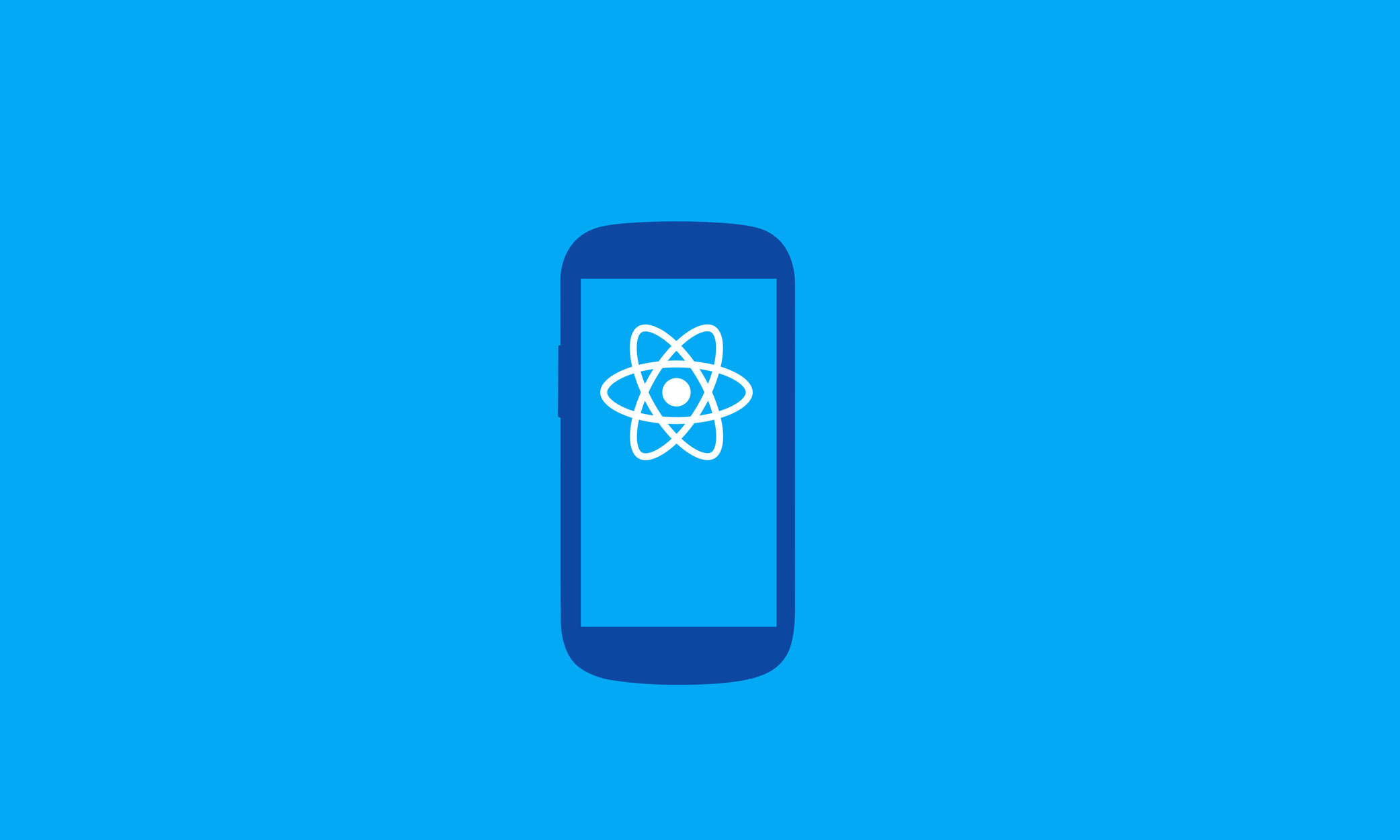Why is React Native Best Technologies for Hybrid Mobile App Development?

Do you know why React Native framework is being called the best technologies for hybrid mobile app development?
React Native has become one of the most recommended and widely used frameworks among hybrid mobile app developers. You may wonder why?
Well, for starters, React Native is capable of offering one of the perfect solutions for your hybrid mobile application development project. It creates a user-friendly multi-dimensional mobile application that developers can build for faster loading, lesser memory, and engaging UI with multiple functionalities.
Here is a list of some of the reasons React Native is the Best Technology for hybrid mobile application development:
1. Cross-platform functionality:
It can be challenging for the developers and product owners to write code for multiple platforms. Many developers spend a significant amount of time optimizing each platform for their preferred device. Hence, many developers prefer to use React Native APIs for its identical cross-platform functionality.
React Native framework allows you to identify platform-specific versions of each component, that can be integrated with the rest of the application. This saves both your time and money and allows your team to focus on making your app great.
2. Single Code Development:
React Native enables the developers to write one code that can run on iOS and Android applications. Thus, you do not have to create and maintain two separate application codes. Another important reason developers use react native for hybrid app development code is that it provides a standardized and consistent codebase.
Using an established and stable technology like react native, you are guaranteed a simple, uniform and consistent code base with no need for tedious modifications.
3. Shared Codebase Between Android & iOS
To facilitate a combined mobile app development technology, Facebook has developed a hybrid mobile app development platform using the Java platform, which was not supported by Apple’s iOS and Android mobile operating systems before.
A React developer can build an app using the standard UI and then convert it to run on either iOS or Android devices. Because it’s been designed and optimized for both iOS and Android, a react developer can easily port an existing mobile website and make it compatible with react Native.
4. Open Source:
One important reason developers and application owners prefer to use react-native to hybrid app development are its open-source. The advantage of open-source technologies allows developers to use native libraries rather than external open-source ones.
With react Native, you get an open-source platform that allows you to use any of its components on any of the different platforms. That means you get a huge benefit that you would otherwise miss out on with other frameworks. It also ensures security since the libraries are distributed under license terms that require protection in different jurisdictions.
5. The library has been tested and proven:
Hybrid apps that are usually developed using native apps are customized to run on react Native as well. Hence, developers can use the react-native library to add functionality, performance and flexibility to the application. The library has been tested and proven by numerous users to provide high performance and compatibility.
Moreover, many libraries have been modified and adapted for React Native. That’s why many developers choose to use native libraries rather than going through the hassle of making their app compatible with countless libraries. Thus, you save time, effort and money.
6. Easy to use and understand:
Another reason for the popularity of React Native for Hybrid mobile app development is because many react developers prefer to write native code. And React Native is easy to convert when developers need to convert the application to run on React Native.
Moreover, a wide range of libraries has been designed and built to be easy to use and understand by any react mobile developer. Thus, any newbie can quickly start learning the program and immediately begin developing hybrid mobile apps that have the same look & feel as Native.
7. Built-in features:
React Native has built-in features that allow developers to leverage new features offered by their favourite mobile platform, while also leveraging existing technologies. The result is a hybrid app that works on both devices and browsers and can be extended to include a wide range of additional components and features.
This gives you total freedom over how your app looks and feels on the mobile screen.
8. Prototyping:
Hybrid apps are usually developed using prototypes, and it is important to use prototypes for the beginning stages of the development process. In the direct development process, you may not have final UI and UX designs, so it is easy to get carried away and add excess components that don’t belong in the final product.
By starting with a prototype, React Native allows you to experiment with different layouts, colours, features, behaviour, and behaviour without the enormous upfront costs typically associated with creating a fully functional hybrid mobile app.
9. Hot Reloading
This is why React Native comes included with Hot reloading, a feature that allows you to create a React component with the same styling in various browsers by keeping the app running. With Hot Reloading, you only have to change a few code lines to target each platform, allowing your code to run on every mobile and desktop platform.
This means your code will look the same in all the browsers, and your users will be able to see the same layout no matter which browser they’re using. React Native Hot Reloading allows to inject new versions of the files that you edited at runtime.
10. Reusability
One of the most significant advantages of React Native is reusing views, functionality, and behaviour. This means that if you react native application contains a button, widget, form, search bar, menu, search box, slider, or any other element, you can easily swap out these elements and implement a new one that works with your custom elements.
Using the React Native, you can save a tremendous amount of time and money on developing new applications to reuse what you already have.
11. Customization options
Hybrid apps allow for many customization options. When looking at React Native as a platform for hybrid mobile app development, you’ll find that it provides an easy-to-use set of tools that allow you to create layouts, view properties, change behaviours, add buttons, add widgets, and much more.
By taking full advantage of these customizable features, you will create the exact look and feel you need for your application.
12. Community Support
The extensive community support for react Native helps you extend your application’s functionality to your requirement. Facebook’s React Native support team is working full-time to help you anytime. But there are also many extended communities who make vital contributions through Chat Rooms, Conferences, forums, and various communication channels.
If you need any help with your React Native app development, you have many places to fetch the support you need.
13. It’s fast:
Since Android has many users, there are plenty of opportunities for apps that can work across multiple devices. But the most significant advantage that React Native has over Native is that it loads quickly across all devices. This is especially true for animations and reacts animations that react better on the Android platform than Apple’s iOS mobile devices.
React Native is best for hybrid mobile app development because the development cycle is much faster than the traditional frameworks used.
14. Reduced time and cost:
If you’re trying to get your hybrid app up and running quickly, you’ll undoubtedly want to consider using React Native. React Native is written in Java, so the development time is significantly reduced, and there’s a single code base across multiple platforms that eliminates the need for tedious code abstraction.
React Native also dramatically reduces the amount of debugging you have to do, which will save you both time and money for your hybrid mobile app development.
15. Compatibility & Integration
React Native allows for easy integration of third-party applications, plugins and widgets. There are many cross-platform libraries available for hybrid app development which means that your app can run on a wide variety of devices with no compatibility issues.
Almost all the native code frameworks have been standardized across many devices and platforms. Also, it has deep compatibility with the latest versions of iOS and Android.
Concluding:
The advantages of using react native to hybrid app development are undeniable. Numerous small and large Enterprises use React Native for its dynamic app development solution such as Ads Manager, Myntra, Airbnb, UberEats, Instagram, Walmart, Wix, and much more.
The various appealing features of React native have brought it in front with many competitive frameworks in the market. The fact that many well-established businesses are using React native today and are benefitting from it proves the framework’s credibility.
React Native has been a revolutionary technology in the last decade, and it will be even better tomorrow! Get in touch with a react native development company to get all the information you need or you can hire a react native app developer to develop your dream project with a team of expert professionals.




